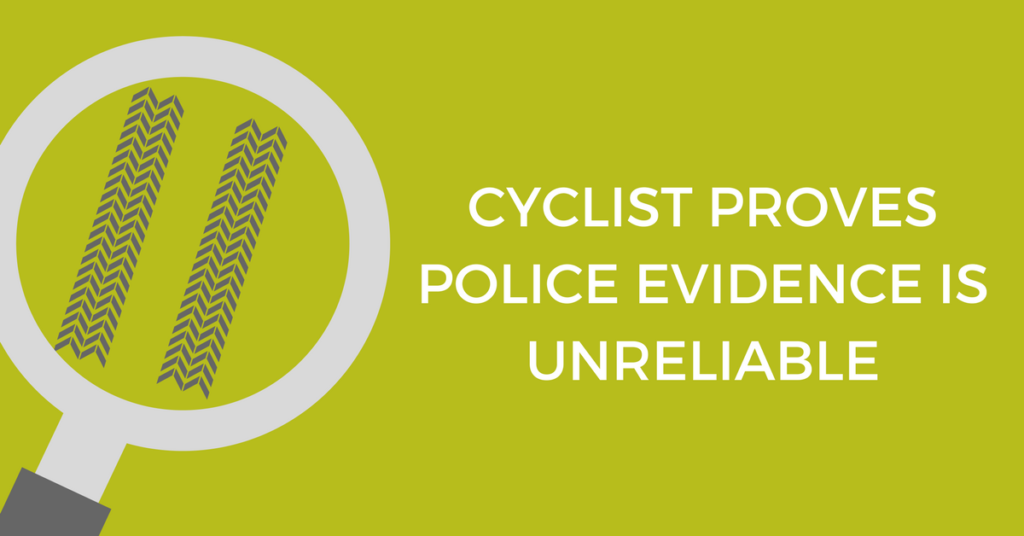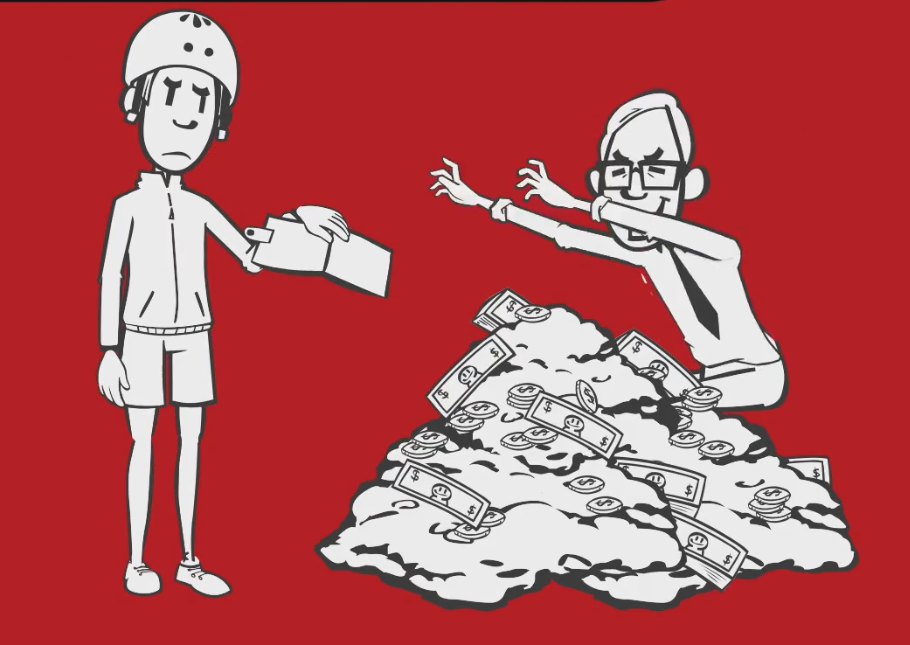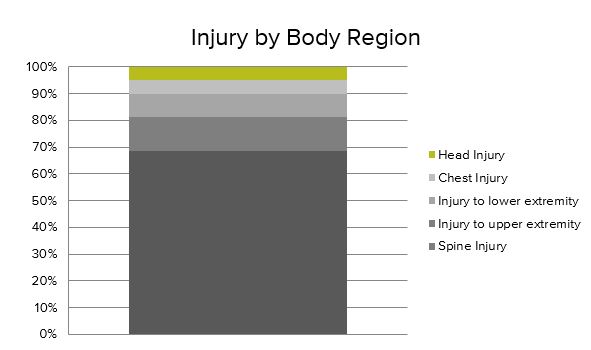Insurers can be hard work.
Why you should be writing everything down.
Notes can be essential two or six or ten months later when you when you put together all the important facts into a final demand for compensation. .
Having notes to remind you of all of the details of what happened, and what you went through is far easier and more accurate than relying on your memory.
Start by making a word doc or writing in a journal. Alternatively, use Google Docs, so you have access to your notes wherever you are.
There are 6 types of notes your need to start making ASAP.
1. Were you hit by a reckless driver?
As soon as your head is clear enough, write down all the details of your treatment.
Take notes of things including:
This is the bulk of your journaling. Do not skip small details. Include every detail of what you saw and heard and felt…
…all of the twists, blows and shocks to your body immediately, during and right after the accident.

Emily Billiau
PRINCIPAL
You don't know how valuable the minor details could be later down the track. Write everything you can think of down.
Be sure to include anything you remember hearing anyone – a person involved in the accident or a witness – say about the accident.
2. Has it left you a physical and emotional Wreck?
In the first days following your accident, make daily notes of all pains and discomfort your injuries cause.
For at least the first month or two make notes daily on areas such as:
Again write down the small details. You may suffer niggling pain that seems inconsequential at the time but may become important when you trying to gain compensation.
Taking notes on your injury will make it easier for you (and possibly your lawyer) to later describe to an insurance company how much and what kind of pain you were in, and for how long.
Writing down your different injuries will also help you remember to report them to a doctor or other medical provider when you receive treatment.
A relatively small snap of the neck, for example, may not seem worth mentioning…
…but it might help:
- the doctor; and
- the insurance company
…understand why your bad back pain developed two to three days later, or several weeks, after the accident.
The easiest way to provide evidence of the injuries sustained in the accident is to have them documented in your medical records.
The only way to get your injuries into a medical record is tell your doctor about them and to accurately do that, you will need notes to jog your memory.

Emily Billiau
Principal
Take photographs too...
As the saying goes, a picture is worth a thousand words…and then some. Photos are useful because they…
…preserve evidence of the extent of the injury
…show the damage better than you can describe them
…are difficult to contradict. An insurer will find it harder to deny the evidence in a photograph.
Wounds and injuries heal. Without photographs it will be difficult later to convince an insurance company in the ways and to the degree you claimed.

...And get immediate medical attention
Failing to seek immediate treatment can lead an insurance company to believe that your injuries were not that serious, or that you made them up entirely.

Emily Billiau
PRINCIPAL
Don’t be a hero. Seek medical attention or it may come back to bite you when you really need it.
The high cost of medical treatment often makes people reluctant to see a doctor or physio.
But in the case of an accident where someone else was at fault, that person or business, through it's insurance company, will be obligated to repay you for all reasonable medical expenses associated with your injury.
3. Has it drained your bank account?
You may also be entitled to compensation for economic and other losses. But you will need documentation.
Most claims for economic loss rely on you proving that you either:
...because of your injuries.
Other important notes to make that don’t relate to your economic loss but rather cover your general loss of enjoyment of life include missed:
Make note of these factors too. They can often be overlooked in a compensation claim and can be financially compensated for.
![1[1]](http://www.cyclelaw.com.au/wp-content/uploads/2018/03/11.png)
4. Notes about the scene of the accident
Return to the scene of the accident as soon as possible to locate any evidence and photograph any conditions you believe may have contributed to the accident.
Draw a diagram of where key things were/are located such as:
Again, take photos from a range of angles. Be sure to take them at around the same time of day as the accident to show the appropriate light and traffic conditions.
5. Why you need willing witnesses
Having a witness on your side is powerful.
Witnesses may be able to describe details that confirm what your believed happened. This backs up your story…
…and ensures that the insurer can’t dismiss your claim.
Here’s how to gather evidence from witnesses so that the insurer cannot disregard their statement.
A quick note on other conversations too.
Start taking notes about conversations (telephone, in person or emails) that you have witnesses, insurance companies, lawyers and medical personnel (such as other doctors, nurses or admin staff).
Make written notes of the:
- date
- time
- people involved and
- contents
...of every conversation you have about your treatment or complaint.

6. How to avoid taking a knife to a gunfight
This last point is less about note-taking and more about taking an extra action that covers all your bases so no insurance company can discount you as a liar.
In the course of your claim, you will likely be told or promised something or given some information that you want to make sure isn’t denied at a later date
…such as…
…the witness statements or
…results of tests
…when you expect to hear the result of your complaint.
Immediately after the conversation, send a letter confirming what the person told you. The letter does not have to be elaborate, just a brief restatement of what was said.
Make a copy for your files before sending it on.
A sample email or letter can be shown below
Sample Letter
Mr Smith
111 Smith Street
Brisbane QLD 4000
Dear Mr Smith,
This email is to confirm our telephone discussion on January 2, 20xx in which you informed me that you would advise me of the outcome of my claim by no later than January 15, 20xx.
Thank you for your attention to this matter.
Kind regards,
Julie Kim
Stay Strong
The claims process can be a battle of determination. But with these notes, you will be holding all the cards.



